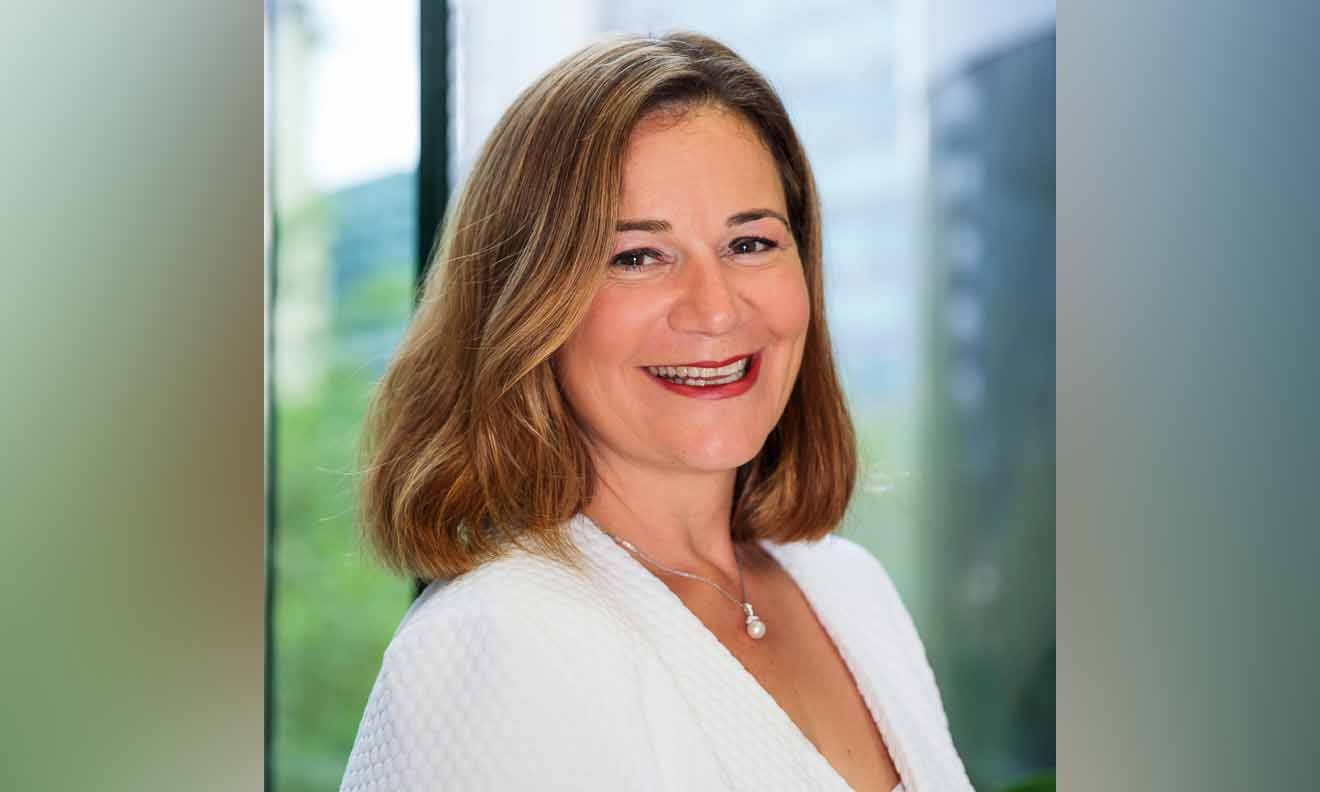
Cover-More CHRO reflects on a rollercoaster 12 months

When Kate Hughes took up the job as CHRO at Cover-More Travel Insurance in February last year, COVID-19 was beginning to spread overseas.
A month later, the WHO declared a global pandemic and by the end of March, Australia’s borders were closed and the nation went into lockdown.
As a seasoned HR professional, Hughes had plenty of leadership experience from her roles as Head of Employee Experience at Zurich Insurance Group and Head of Culture at Westpac.
But leading people strategy through a global pandemic after just one month in the role – that was going to be an entirely new challenge.
Speaking to HRD, Hughes said there were three main issues to deal with initially.
“The first thing we needed to tackle was at a basic level, what does the pandemic mean for the health and safety of our people and how do we communicate what's going on,” she said.
“The second challenge was putting the technology in place for our people to be remote. We had two and a half to three weeks to get the entire global workforce operating at home.”
Cover-More also has an Employee Assistance Program operator, Benestar, and the majority of their work pre-Covid was done face-to-face.
“The speed at which we changed the way we work was pretty extraordinary,” Hughes said.
Read more: Pandemic has improved work-life balance
The other challenge within the first two months was analysing the scale of the business impact and how to carry out the necessary rightsizing at a pace and scale the company had never seen before.
Naturally, the travel insurance industry was one of the hardest hit as countries closed their borders and airlines were grounded.
As well as experiencing the uncertainty themselves, staff at Cover-More also had to support their customers whose travel plans had been put on hold.
Hughes recognised that EAP was going to be a vital resource for employees through the initial period, but that they also needed to be able to deliver support in a way that suited workers at home.
She said use of the EAP text service became much more prevalent as a way for people to seek support.
They also created a centre in the office to provide in-person EAP and HR support for managers who were dealing with the emotional toll of carrying out the redundancy process.
HR took on more of an involved role in the paperwork aspect of redundancies to alleviate that added pressure from managers.
Read more: A better managed contingent workforce can boost pandemic recovery
After the emotional strain of the initial few months, by September staff were feeling tired and burnt out, Hughes said.
Cases were spiking in Victoria and for their colleagues in America and Ireland, the situation was still incredibly taxing.
“We started talking about how do we make the days count, rather than counting the days?” Hughes said.
“It’s not rocket science but it was about picking the right thing at the right time.
“One of the things we did was running a global fitness challenge with both individual and team counts. For the first time, colleagues who were physically far apart in Australia, the UK and the US were able to feel more connected.
“This year, we're looking at how we do some of those relatively simple things that are really meaningful but much more often, whether it's to do with physical or mental wellbeing.”
With Australia through the worst of the pandemic and vaccinations about to begin, Hughes said now it’s a time to reflect on the lessons of the last 12 months.
She admitted that sometimes she got it right, and in other moments she didn’t.
But the stand-out factor, she said, was the can-do attitude of those around her who rose to the challenges as they happened.
“One lesson that really solidified for me was that people can do extraordinary things in extraordinary circumstances,” she said.
“The working together with different teams across the group, globally, all hours of the day and night to move our workforce into their homes was phenomenal.
“I never heard ‘I can't do this’. People knew we had to make it happen and they stepped up.”
Going forward, Hughes said companies should be coming out of the crisis operating differently to how they did before.
The focus now should be on giving hope to the organisation’s employees after a period of such extreme disruption.
It’s forced the company to innovate – and continue to innovate – as they redesign products for travellers in a post-COVID world.